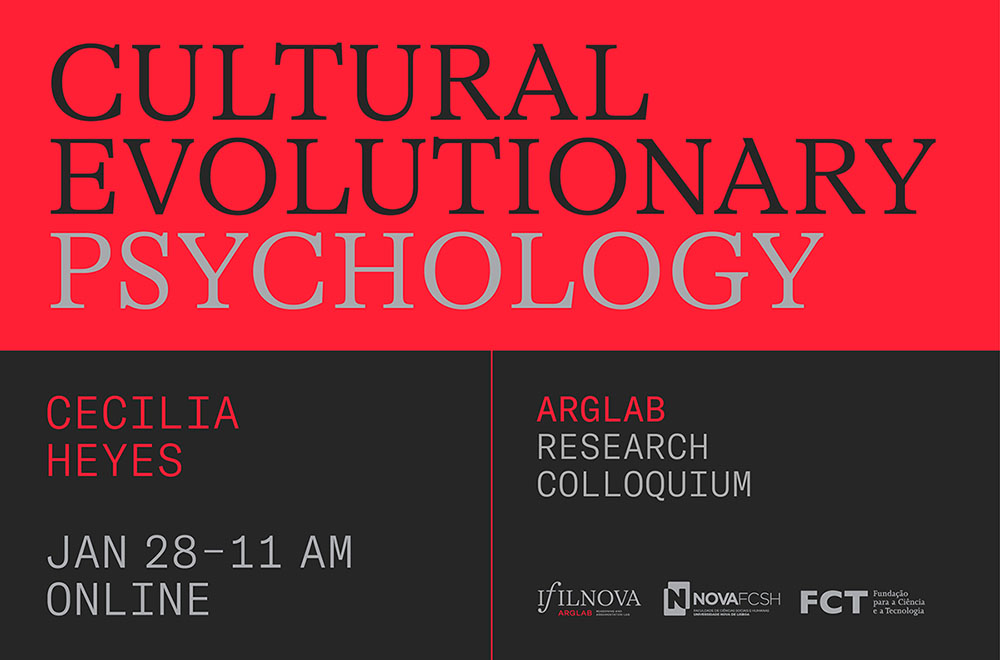Cecilia Heyes on “Cultural Evolutionary Psychology”

Cultural evolutionary psychology seeks to explain the origins and effectiveness of distinctively human cognitive mechanisms by combining the resources of cognitive science and evolutionary theory. In contrast with classical evolutionary psychology, it suggests that these mechanisms have been shaped primarily by culture; by Darwinian selection operating on socially rather than genetically inherited variants. In other words, cultural evolutionary psychology casts distinctively human psychological mechanisms as ‘cognitive gadgets’ rather than ‘cognitive instincts’, but it is not a blank slate theory. During human evolution, often via Baldwinisation, genetic selection has tuned motivational, attentional, and learning processes that we share with other animals to make our developing minds more malleable by information from other agents. Using morality, imitation and metacognition as examples, I will sample the evidence from developmental psychology, comparative psychology and cognitive neuroscience that supports cultural evolutionary psychology and discuss the opportunities and challenges it presents for those who want to understand not only how our minds work, but why they work that way.
Cecilia Heyes (All Souls College & Department of Experimental Psychology, University of Oxford)
To join the session on Zoom, click here.
This event is part of the ArgLab Research Colloquium organised by Maria Grazia Rossi, Andrés Soria Ruiz and Nuno Venturinha at the Laboratory of Reasoning and Argumentation of the Nova Institute of Philosophy. For any inquiries, please contact Maria Grazia, Andrés, or Nuno.

